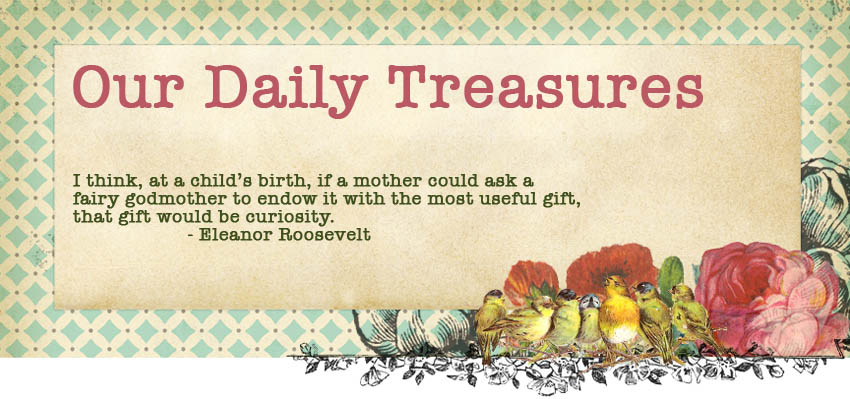Rites of passage, or celebrating a time when your child passes into adulthood, has been a part of the fabric of cultures of societies that span ages and places. And yet, what markers do we have in today's society of this important event? You become a woman or a man when you get your driver's license, when you reach drinking age, or the first time you have sex. I think essays and books and dissertations could be written on what a culture's rites of passage say about the morality and important issues of a people.
I heard a radio broadcast this morning on creating spiritual rites of passage in your Christian life. Somewhat similar to the Jewish Bar/Bat Mitzvah, this event focuses on letting your child know that you as parent are moving from spiritual teacher to coach, and that the child must now start taking responsibility for their own spiritual welfare. As this 'passing of the torch' takes place spiritually, I think the child will also start to feel responsible for the other areas in their life also (physical, educational, financial, etc.)
Our church has a few rites of passage in place: baptism at the age of eight, receiving the priesthood at age 12 and 16 (for boys), the young women's program at age 12 and the joining the Relief Society at age 18 (for girls). Any of these, or another age/time chosen by the parents, could be used to highlight the passage into adulthood. But I think it takes a special effort and focus for the parents to really make the best use of these rites of passage, to really prepare their child for what is coming.
The guests on the radio show talked about the rite they created for their children, which occurred around the age of 15. As parents they decided on six spiritual values they felt were important to cultivate (for example: prayer, service, friendshipping, etc.) They spoke about these areas with their child, and then asked him/her to choose one mentor for each area. They then asked that mentor to spend some time over the course of a week with the child, sharing their stories and speaking specifically about that area of faith. After the six weeks (one week for each value), an event was organized (a lunch, a dinner, a football game and barbecue) to which the mentors were invited. Each mentor spoke briefly about their experience with the child. Then the parents spoke a prayer or blessing over their child, preparing the child for his/her own spiritual journey. Lastly the child had a chance to express his or her feelings about the process.
What a beautiful idea. The most profound thought left on my heart was that if you never create an experience like this, where there is a vivid marker that your child is now moving into their own responsibility, then the child simply floats from year to year never really making a specific effort to 'grow up'. How evident this is today with children living at home well into adulthood, never really gaining their own independence and often failing to thrive in the world. My kids are so small now, but these years will zip by. Without my own thoughts and plans, I would be party to the complacent passage of time, never really acknowledging their need for independence from me. I'm grateful for training like this that will help me in my journey of motherhood.

No comments:
Post a Comment